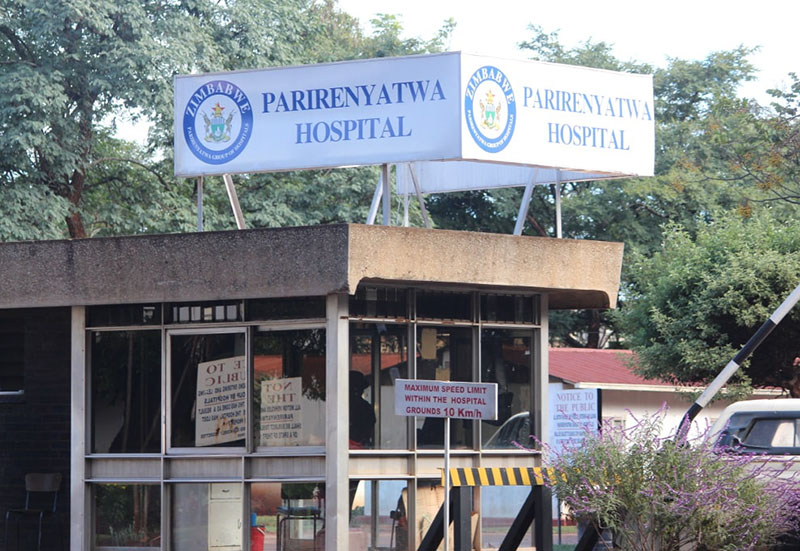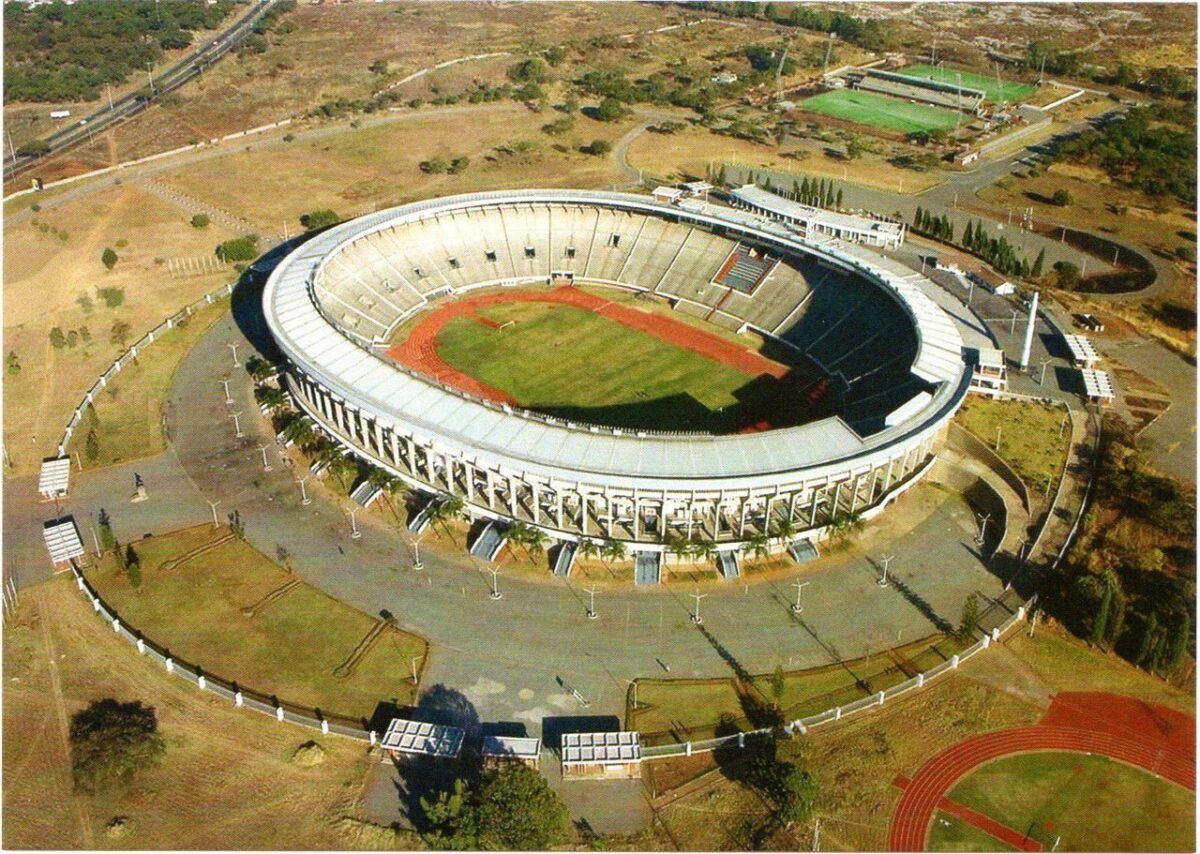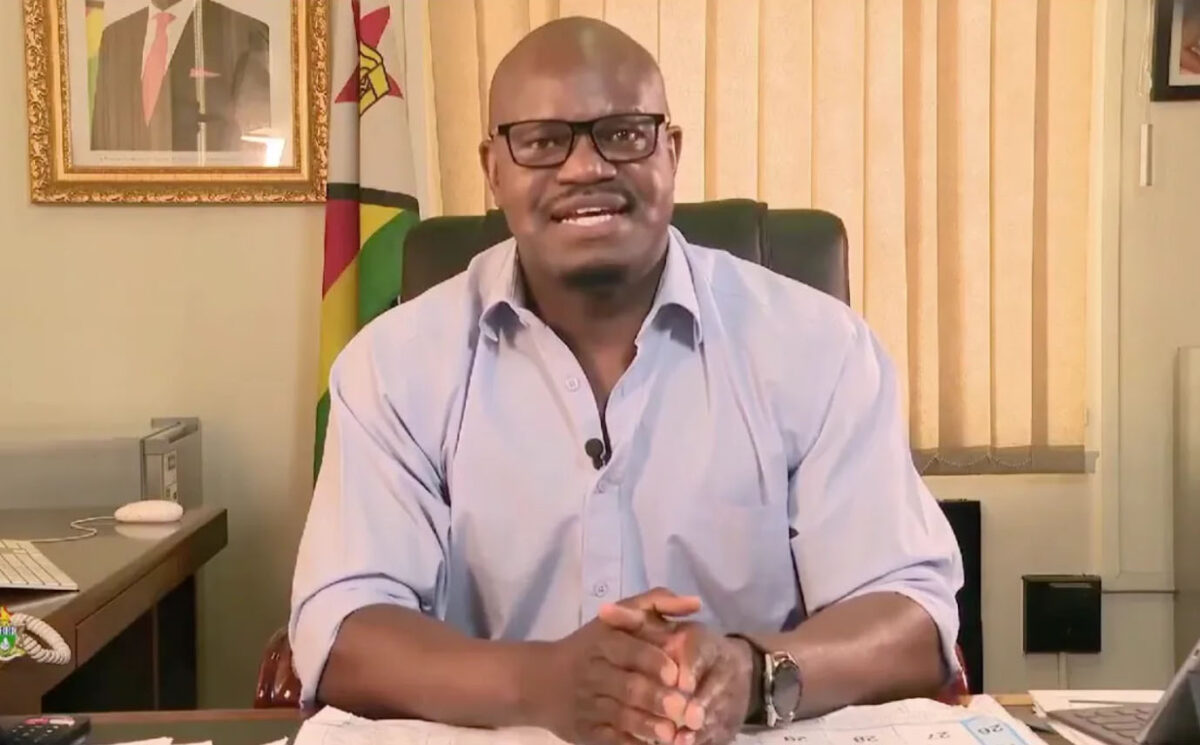BULAWAYO – Health experts have bemoaned the incessant power cuts currently being in the country saying the crisis poses a grave danger to lives as they hinder patients from accessing essential health care services.
The power crisis, which has seen consumers go for up to 18 hours daily without the resource, has been largely attributed to low water levels at the main hydro plant at Lake Kariba and dilapidated machinery at the Hwange Power Station.
Community Working Group on Health (CWGH) executive director Itai Rusike urged the government to spare health facilities from power cuts.
“Hospitals should be allocated designated power lines that are exempted from power cuts in order to avoid disruptions to essential health care services, unnecessary loss of lives as some patients may be in the high dependency unit and the rotting of bodies in mortuaries due to non-functional refrigeration equipment thereby taking away the dignity of the dead,” he said.
Major health institutions such as Mpilo Central Hospital, United Bulawayo Hospital, Parirenyatwa Group of Hospitals and Harare Central Hospital have power back-ups such as solar systems and fuel-powered generators in case of load shedding.
These systems however only cover the critical departments such as intensive care unit, operating theatres, neonatal units, cardiology, radiotherapy and renal.
In most cases, Rusike added, the back-up generators are not reliable as they break down and are expensive to maintain.
“The government should seriously consider investing in solar energy in our public health institutions in order to avoid disrupting health care services as solar energy is more sustainable, dependable, efficient and has long-term cost effectiveness,” Rusike said.
A nurse at Mpilo hospital, who preferred anonymity, said electricity cuts are a huge inconvenience and affect the day to day running of the institution.
“The situation is very bad; when there is no electricity, patients are forced to use cold water to bath. The scan machines do not work, patients have to wait until electricity is back. The elevators do not work, this makes it hard to deliver food to patients from the kitchen. Back-up generators cover the Intensive Care Unit, theatres and provide lights.”
A study by doctors Johannes Marisa and Dominic Uzhenyu on the impact of power cuts in the country’s health sector indicates that in the event that there is no power, pharmacies could face serious challenges on where to store their drugs.
In some cases, the pharmacies are likely to incur losses and end up disposing of the affected drugs.
It also becomes difficult for the laboratories to conduct their tests on the sample of blood they collect from the health institutions.
Their machines use power and when there is no power, it becomes difficult for them to conduct such tests.
















